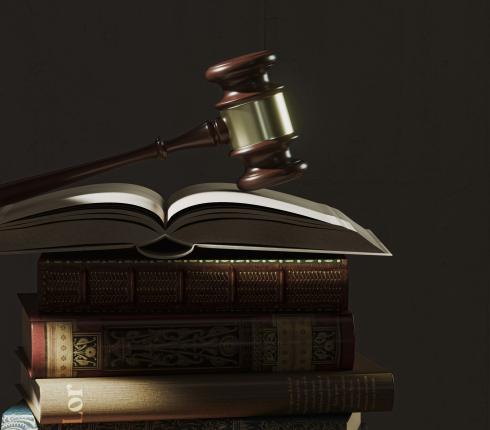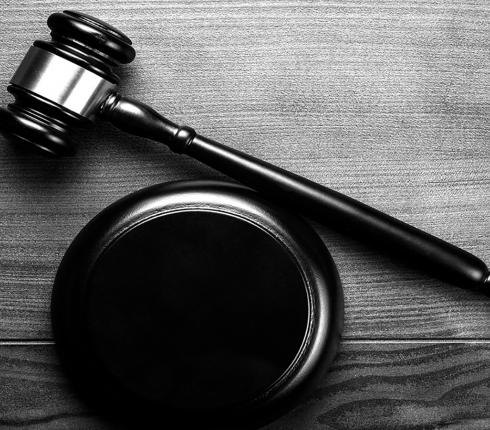NJORD Estonia: What must the legal start-up sales package look like?
Most start-ups eventually reach the point, where the personal funds of the owners and the funds generated from the company’s business are not enough for the start-up to continue its strong development. Thus, a necessity to involve other financing sources arises at that moment, e.g. in a form of attracting a professional investor.
If a company wishes to involve an investor, it must be considered that for the purpose of investment risk assessment and depending on the specific nature of the company's activities, the investor shall check the company’s financial situation, legal state, and other aspects. Before making an investment proposal to the investor, the following legal matters should be prepared by the company:
<strong>1. Internal legal audit</strong>
The implementation of a business idea requires contacts with different parties and building legal relations with various subjects, including the founders of start-ups, clients, cooperation partners, employees, investors, the state, etc. Therefore, it is desirable to map all relevant legal relationships, analyse the arising legal risks and how the risks could be managed (i.e. is the company aware of the legal regulations, which regulate or may affect its activities). Also, the following should be checked:
<ul>
<li>whether the documents, required by law, are drawn up and the agreements concluded in writing, incl. labour contracts or the contracts under the law of obligations with the founders/shareholders;</li>
<li>whether the company has all the necessary registrations and permits for its activity;</li>
<li>whether the company has developed internal proceedings and routines to guarantee the compliance of the company to the applicable legislation.</li>
</ul>
Investors are usually busy people and wish to receive clear answers to those questions in order to make their investment decisions.
<strong>2. Shareholder agreement</strong>
Start-ups are usually created in the form of a private limited company. Relations between the shareholders are regulated by a shareholder agreement, which enables to govern the agreements between the shareholders, the management of the company and the issues related to the changes in the ownership in more detail. The founders and shareholders are the key figures from the point of view of the project operation and its further development, having the necessary knowledge and competence for the smooth functioning of the project. Therefore, it is important from the investor’s viewpoint that the mentioned persons be related to the company for a certain period, i.e. that they work towards fulfilling the long-term business plan objectives. Such clauses can be laid down in the shareholders' agreement, including also, under which conditions the key figures shall leave the company, how the differences of opinion between the partners shall be solved and how the transfer of holdings to third parties shall be carried out. In addition, the shareholders' agreement stipulates the competition terms of the shareholders, the obligation of confidentiality, the profit distribution policy, the issues related to intellectual property, the liability for infringements, etc. Thus, the shareholder agreement shall provide more foreseeable scenarios related to company management and changes in the ownership, as well as ensure clarity for the investor in respect to the company’s future.
<strong>3. Intellectual property</strong>
Intellectual property is commonly the main value and asset of a start-up. In the start-up phase of the project, the incorporators are usually the ones, who create innovative substance, which falls under the protection of intellectual property rights (e.g. design solutions, computer program source codes, inventions, etc.). The incorporation of a company as a legal entity may occur after a substantial intellectual property has been created or there are no contracts according to which the intellectual property rights, created through work, are transferred to the company (i.e. the intellectual property shall belong personally to the incorporators). From the investor’s point of view, it is important to make sure that the intellectual property belongs to the company to which the investment is targeted and to exclude the situation, when somebody leaves the company and takes along the intellectual property. In this case, the company may have committed the offense of using intellectual property that belongs to somebody else, without a legal basis. In conclusion, the most attractive situation for the investor is when the intellectual property, important for the business, belongs to the company and the relevant documents have been drawn up correctly. As an alternative, the company could possess a long-term exclusive right to the use of intellectual property under license.
<strong>4. Document package</strong>
The following set of documents should be prepared for the investment proposal:
<ul>
<li>business plan;</li>
<li>legal documentation regarding the project, incl. the necessary permits, licenses, and registrations;</li>
<li>a detailed description of the existing assets (incl. objects of intellectual property);</li>
<li>information on the related persons and beneficial owners (incl. persons related to the incorporators, shareholders, and employees) and the documents describing on which basis such persons are connected to the company;</li>
<li>documents for the execution of the investment.</li>
</ul>
































